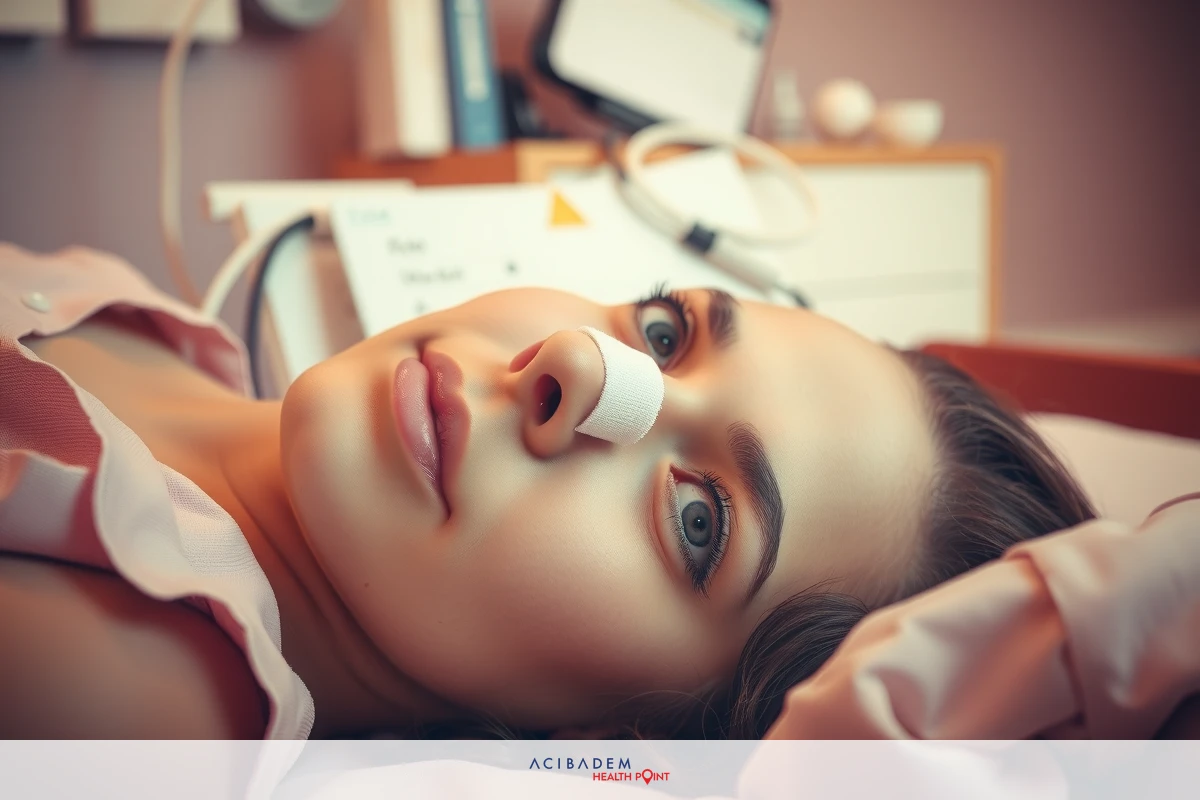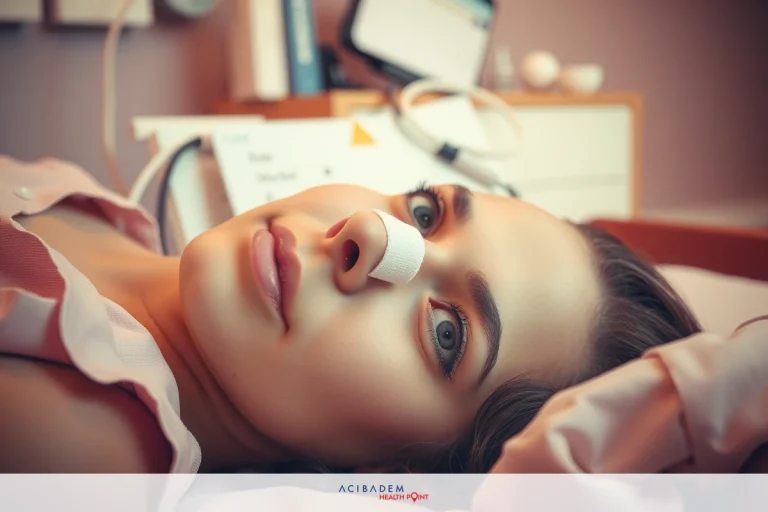How Long After Nose Surgery Can I Fly?
How Long After Nose Surgery Can I Fly? Undergoing nose surgery, whether for medical or aesthetic reasons, requires a period of recovery. This time is essential to allow your body to heal and adjust to the changes made during the operation. One of the common questions patients ask post-surgery is about when they can resume air travel. The answer to this is not straightforward as it depends on various factors including the type of procedure, individual healing rate, and advice from the healthcare provider.
In this article, we aim to provide insights into post-operative care and guidance related to air travel after nose surgery. The information provided will serve as a valuable resource for patients who are planning to fly post surgery. We discuss recovery time, precautions during the post-operative period, and tips for flying safely after nose surgery. However, remember that while this article provides general advice, it’s always best to consult with your healthcare provider for instructions tailored to your specific circumstances.
Recovery Time and Post-Operative Period
The recovery time following nose surgery is an essential factor in determining when a patient can resume air travel. Generally, the initial recovery phase after nose surgery takes about 1 to 2 weeks. This period allows for the body’s initial response to the surgical trauma, including swelling and bruising, to subside. However, it’s important to note that full recovery from nose surgery can take up to a year or more, as the nasal tissues continue to heal and settle into their new shape.
During the post-operative period, patients are advised to avoid any strenuous activities that could potentially disrupt the healing process. These activities include bending over, lifting heavy objects, and performing vigorous exercises. Patients are also encouraged to maintain a healthy diet and stay hydrated to support healing. Proper rest is crucial during this period as it helps the body recover faster. It is also recommended to avoid exposure to potential contaminants or irritants such as dust, smoke, and harsh weather conditions as these could interfere with the healing process.

As it pertains to air travel, there are several reasons why it is generally recommended to wait at least a week or two before flying after nose surgery. The dry air in airplane cabins can potentially dry out nasal passages which are already sensitive post-surgery. Changes in cabin pressure during takeoff and landing can cause discomfort due to swelling in the nasal cavity. Moreover, there’s also a risk of potential complications such as nosebleeds or increased swelling if one flies too soon after surgery. Therefore, understanding your recovery time and being mindful of your condition during the post-operative period is indeed crucial for planning your air travel.
Flying After Nose Surgery
When it comes to flying after nose surgery, the timing is an essential consideration. As mentioned earlier, waiting for at least a week or two post-surgery is generally recommended to allow for the initial phase of swelling and inflammation to subside. However, the exact period can vary depending on individual healing rates and the specific type of surgical procedure performed. It’s always best to follow your surgeon’s advice regarding when it would be safe to resume air travel.
An important consideration while planning your flight is the duration of the journey. Longer flights could potentially exacerbate any discomfort due to the dry air in airplane cabins and sustained cabin pressure changes. If you must travel long distances, it may be helpful to break up the journey into shorter segments with layovers, if possible. Using a saline nasal spray during the flight could also help keep your nasal passages moist and comfortable. It’s also advisable to avoid carrying heavy luggage that could strain your body and affect the healing process.
Another key aspect of flying after nose surgery is to be prepared for potential changes in cabin pressure. This can often cause discomfort, especially during takeoff and landing. Chewing gum or swallowing frequently could help relieve this discomfort by equalizing pressure in your ears and sinuses. While these tips can make your flight more comfortable post-surgery, remember that everyone heals at their own pace, and your personal comfort should be the ultimate determinant of when you’re ready to fly. Always consult with your healthcare provider before making travel plans following nose surgery.
Frequently Asked Questions
Can I fly immediately after nose surgery?
No, it is generally not recommended to fly immediately after nose surgery. It is important to allow your body enough time to heal before subjecting it to the changes in pressure that occur during air travel. Flying too soon after surgery can increase the risk of complications and discomfort.
How long should I wait before flying after nose surgery?
The exact duration may vary depending on the individual and the extent of the surgery. However, most surgeons recommend waiting at least 1-2 weeks before flying to ensure proper healing has occurred. It's important to follow your surgeon's guidance as they will have a better understanding of your specific case.
Are there any specific precautions I should take while flying after nose surgery?
Yes, it is advisable to follow certain precautions while flying after nose surgery. These include keeping your head elevated during the flight, avoiding blowing your nose forcefully, and using saline nasal sprays to keep your nasal passages moisturized. It's also a good idea to limit exposure to potential irritants or contaminants during your journey.
Can I wear glasses or sunglasses during the flight after nose surgery?
Wearing glasses or sunglasses should generally be avoided during the initial stage of recovery following nose surgery. The pressure exerted by the frames on the nasal bridge could potentially interfere with healing and cause discomfort. It is advisable to consult with your surgeon regarding when it would be safe to resume wearing glasses or sunglasses.
What if I experience discomfort or complications during the flight after nose surgery?
If you experience significant discomfort or unexpected complications during your flight after nose surgery, it's essential to inform the cabin crew or seek medical assistance if necessary. They can provide support and guidance to ensure your well-being throughout the journey. It is always better to err on the side of caution and prioritize your health and comfort during this period of recovery.










